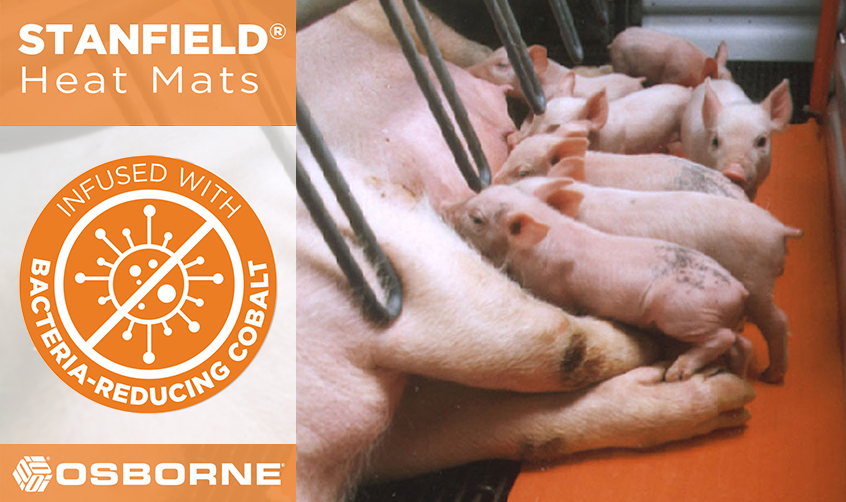



HSUS Addresses Seaboard about Pig Confinement
US - At the annual shareholder meeting of Seaboard Foods this week, a representative of The Humane Society of the United States challenged the company about the confinement of breeding pigs in its pork supply.The HSUS says that nearly all breeding pigs raised by Seaboard and its contractors are confined day and night during their four-month pregnancies in gestation crates.
The pigs are placed into another crate to give birth and then re-impregnated and put back into a gestation crate. This cycle repeats, pregnancy after pregnancy, for the animals’ entire lives, the HSUS says.
The HSUS' action follows the moves recently by companies such as McDonald’s, Wendy’s, Compass Group, the world’s largest foodservice provider, and other major companies publicly to commit to get gestation crates out of their supply chains.
“Seaboard forces pigs to live in crates so small they can’t even turn around for nearly their entire lives,“ said Josh Balk, director of corporate policy for The HSUS.
“It’s time for Seaboard to recognise that consumers don’t support this animal abuse and finally join its competition in committing to get rid of gestation crates.“
Seaboard competitors have already announced plans to move away from gestation crates. Smithfield Foods, the world’s largest pork producer, and Hormel announced they will be 100 per cent gestation crate-free for company-owned operations within five years and Cargill is already 50 per cent gestation crate-free.








